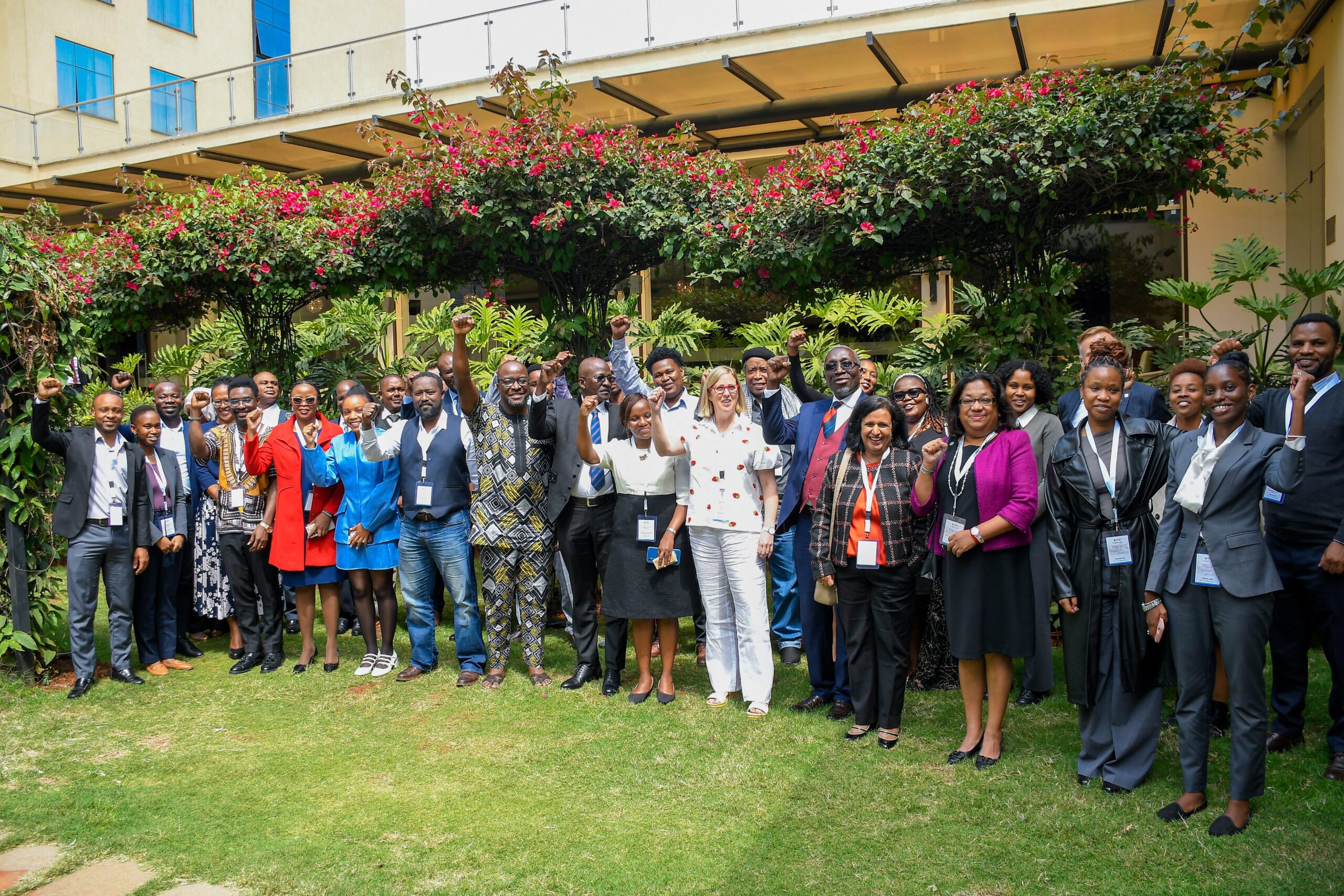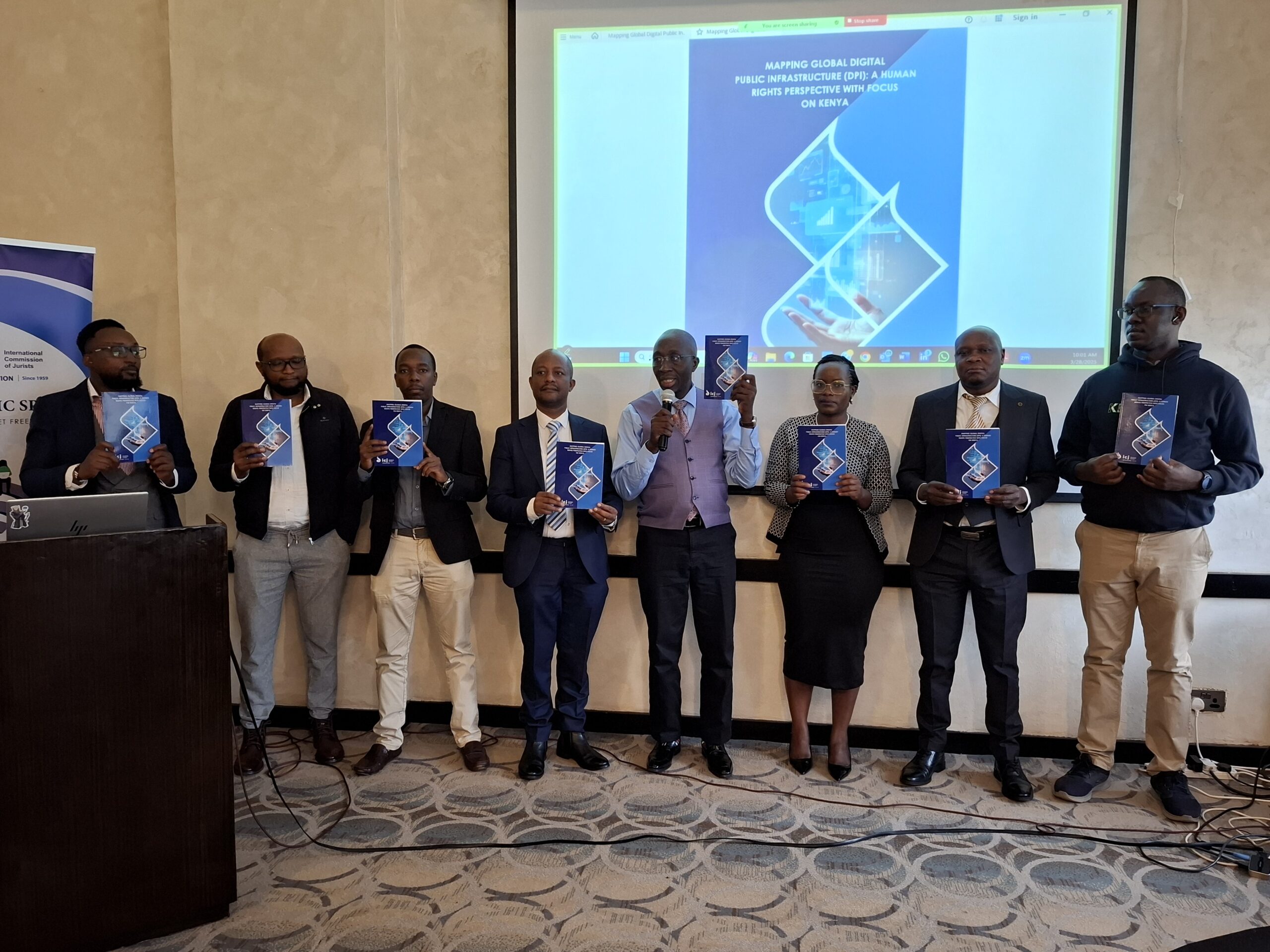The Kenya Information and Communications (Amendment) Bill, 2025 introduces far-reaching provisions that, while seemingly aimed at enhancing regulatory oversight and child protection, pose serious threats to fundamental human rights as guaranteed under Kenya’s Constitution and international human rights law.
- Right to Privacy (Article 31 of the Constitution of Kenya)
The Bill mandates Internet Service Providers (ISPs) to collect and submit detailed personal data, including names, ID numbers, addresses, and usage patterns, to the Communications Authority of Kenya (CA). This poses a direct threat to the right to privacy, which is constitutionally protected under Article 31 and further enshrined in the Data Protection Act, 2019.

Negative Impacts:
- Mass surveillance: Linking individuals to traceable meter numbers and tracking their internet use in real-time enables the government to monitor citizens’ online activity.
- Profiling and targeting: State actors may misuse data to monitor activists, journalists, dissenters, and political opponents.
- Data misuse and breaches: With no clear data protection protocols, the collected data is at risk of unauthorized access, leaks, or commercial exploitation.
- Freedom of Expression and Access to Information (Article 33 and 35)

The implementation of metered internet billing based on consumption will increase the cost of internet access. This creates a financial barrier to digital participation, especially for youth, low-income communities, and rural populations.
Negative Impacts:
- Digital exclusion: High costs will reduce access to social media, educational content, e-governance services, and economic opportunities.
- Suppression of online voices: Fear of monitoring and retribution may lead to self-censorship, weakening democratic discourse.
- Restricted civic engagement: Human rights defenders and civil society groups that rely on digital platforms may face operational constraints.
- Child Protection vs. Right to Non-Discrimination and Inclusion
The Bill proposes mandatory age verification using national IDs for social media access. While child safety online is critical, the use of national IDs as a blanket requirement could exclude many legitimate users, particularly youth without ID cards or those from vulnerable groups.

Negative Impacts:
- Digital disenfranchisement: Many Kenyan youth below 18, especially those from informal settlements, may be denied access to online platforms for education, innovation, and expression.
- Overreach in regulation: The lack of alternative age-appropriate verification measures results in an overly broad restriction that affects even adults’ access and autonomy.
- Equality and Non-Discrimination (Article 27)
The shift to consumption-based internet billing risks exacerbating existing social and economic inequalities. Wealthier individuals and urban dwellers will retain access, while disadvantaged groups will be excluded from meaningful online participation.
Negative Impacts:
- Widening the digital divide: This measure undermines efforts toward digital inclusion, particularly for rural communities, persons with disabilities, and marginalized youth.
- Violation of socio-economic rights: The internet is now a critical enabler of rights such as education, work, healthcare, and access to justice. Limiting access infringes upon these rights.

Conclusion
From a human rights perspective, the Kenya Information and Communications (Amendment) Bill, 2025, is deeply problematic. It introduces regulatory mechanisms that risk undermining constitutional rights, entrenching state surveillance, shrinking the digital civic space, and deepening digital inequality in Kenya.
The Kenyan Parliament, regulators, and civil society must:
- Demand transparency and public consultation before passage;
- Insist on amendments to align with constitutional protections;
- Call for a human rights impact assessment prior to implementation;
- Push for robust data protection, transparency, and oversight mechanisms.
The writer, Charles Jaika is a lawyer & Digital Rights & Inclusion Transformation Lead at ICJ Kenya.










